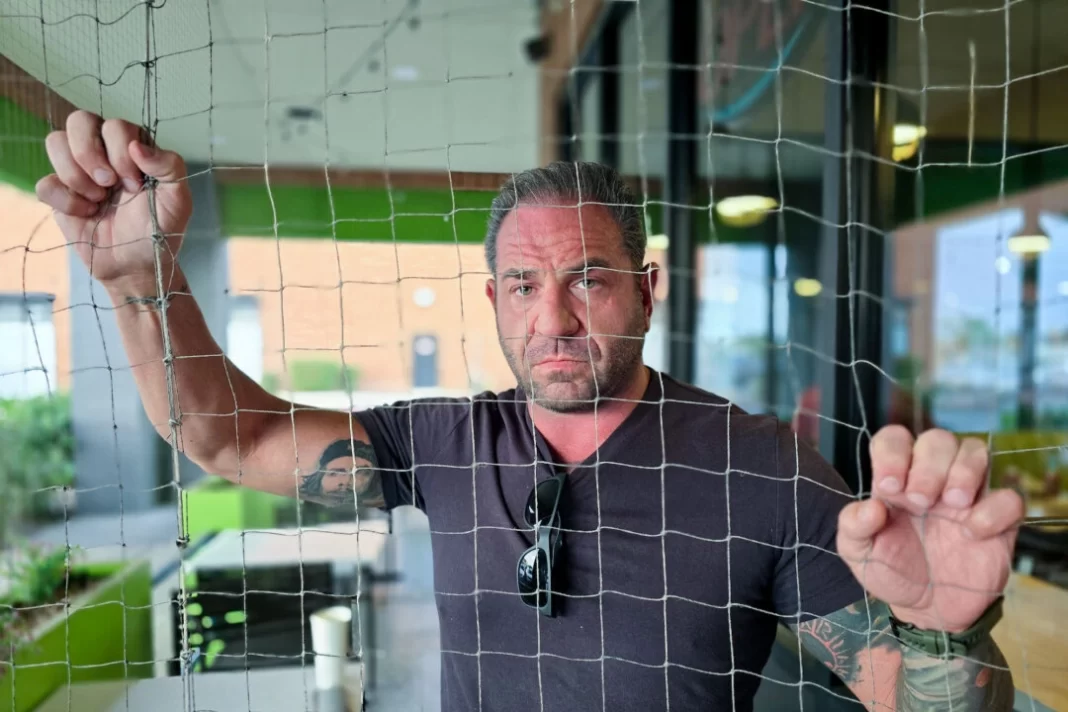From Vietnam to the Gulf War, to the Global War on Terror, maturity comes fast under fire, combat soldiers say.
MESA, Ariz.—“You can never go home again” rings true for combat veterans, especially the part of them that can never forget.
People have called war many things—cruel and tragic, the final court of appeals, a racket, and the most noble thing people can do for their country. It depends on how you look at it.
Lysander Caligo, 39, a former U.S. Marine from Mesa, Arizona, saw the beauty and ugliness of the battlefield in Afghanistan in the early 2000s.
He was a counterintelligence specialist with the Third Battalion, Seventh Marines, and he hunted high-value targets for eight months before his discharge.
Though Caligo, the man, would return to civilian life, the boy in him would never see home again.
Sitting at a restaurant table, Caligo told The Epoch Times that Afghanistan shattered his rose-colored glasses.
On his right bicep is a tattoo of Che Guevara, the Argentine Marxist revolutionary.
He said it is a long story how he got the tattoo, and he is not a fan of communism. The short version is that the tattoo is a constant reminder of the uncertain nature of war, and of a high-value Taliban target—the one who eluded him—who used Guevara’s tactics to significant effect.
“We take violence and aggression and death as something very personal,” Caligo said. “It’s an offense to us—it’s an offense to our senses. It’s an offense to our lives.”
But the reality on the battlefield is different.
“The reality is that death and war are very impersonal. You see that very quickly. If you don’t, you end up having mental issues,” he said.
‘War Is Human Nature’
Caligo sees conflict as both a shock to the system and a necessity—a perpetual state of human existence written into the human genome.
Soldiers go to war and are injured. Soldiers die. If they are lucky, they will go home intact. There is no room for “boyish idealism,” Caligo said.
By Allan Stein









